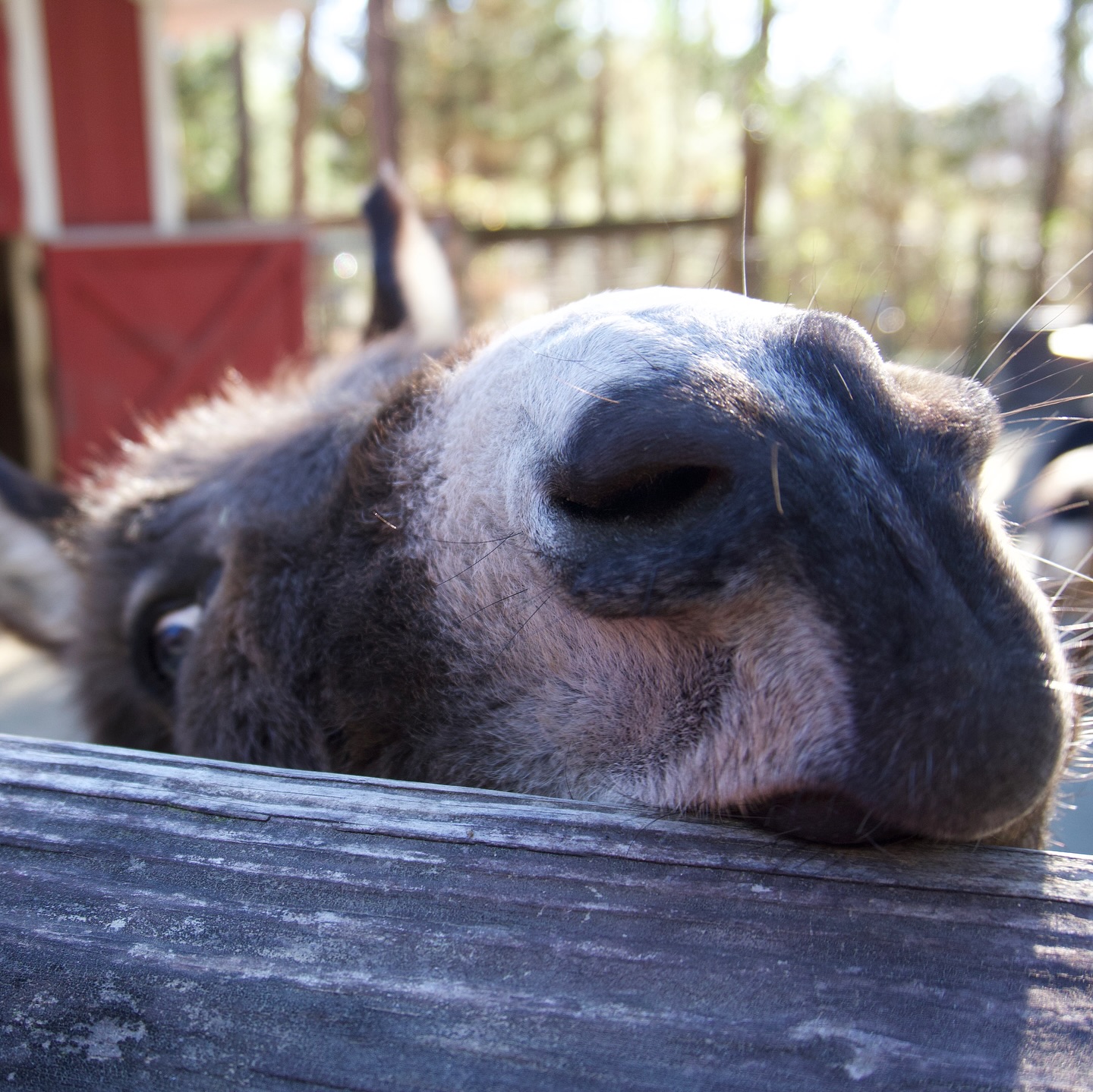- The importance and history of World Donkey Day.
- The biological and ecological aspects of donkeys.
- The role of donkeys in agriculture and rural economies.
- Conservation challenges and initiatives for donkey populations.
- Educational and zoo management strategies involving donkeys.
World Donkey Day, celebrated on May 8th, honors the humble and hardworking donkey. This day aims to raise awareness about the essential role these animals play in ecosystems and human societies. Understanding their significance ensures we foster informed conservation efforts and appreciation for this often-underappreciated species.
Donkeys, Equus asinus, are known for their resilience and intelligence. Originating from the African Wild Ass, they have been domesticated for thousands of years. They are vital to various cultures globally, particularly in agriculture. Farmers use donkeys for plowing fields, transporting goods, and providing milk. Their adaptability to harsh environments makes them indispensable in rural economies.
Biologically, donkeys differ from their equine relatives. They have unique adaptive traits such as a highly efficient digestive system, allowing them to extract nutrients from low-quality forage. Their social structures are distinct too, often comprising small herds led by a dominant female. They communicate through vocalizations, body language, and their characteristic braying, which can be heard over long distances.
Conservation initiatives are crucial due to threats such as habitat loss and illegal trading for their hides. The global demand for donkey-derived products like eijiao, a gelatin used in traditional medicine, has led to alarming population declines. Organizations are working on sustainable management practices and awareness campaigns to curb these trends.
Zoos and educational institutions play a pivotal role in promoting donkey welfare. They provide insights into their care and management, ensuring that visitors understand the environmental pressures these animals face. Interactive programs and educational displays can encourage public support for donkey-related conservation efforts.
Understanding the pivotal role of donkeys in agriculture, conservation, and education highlights their continued relevance in modern society. By acknowledging their contributions, we can work toward a future where donkeys thrive globally. Celebrating these remarkable animals through initiatives like World Donkey Day is essential for preserving their legacy and ensuring their survival for generations to come.
*****
Source Description
Happy Lightni— uh, World Donkey Day! ⚡️🫏
Visit this fella and his barn-mates in The Farmyard, open daily.


